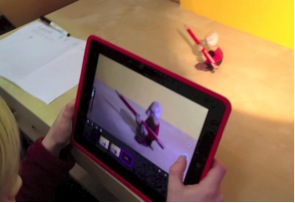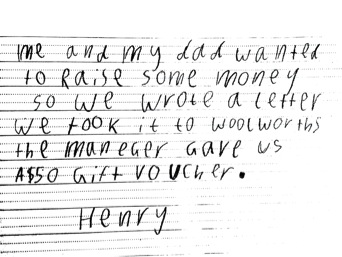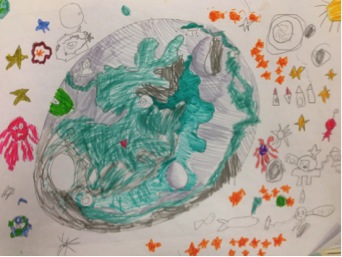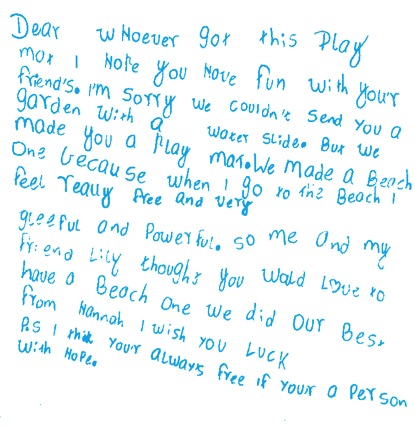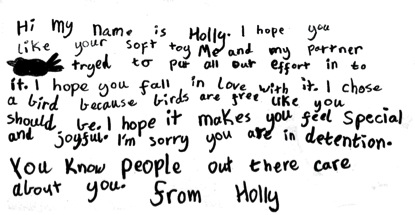The more often we see the things around us - even the beautiful and wonderful things - the more they become invisible to us. That is why we often take for granted the beauty of this world: the flowers, the trees, the birds, the clouds - even those we love. Because we see things so often, we see them less and less. Joseph B. Wirthlin
This is a more personal, reflective post than I usually write on this blog…but hey, blogging should be a bit personal. Right? So here goes…
Over the last six weeks or so, I have spent a lot of time working and living away from home. For some of that time I have been fortunate to have my family with me but, regardless, my work has taken me to extraordinary places far and wide. It’s been a while since I have had the full weekend at home so, this evening - after beautiful, warm, blue pre-summer Melbourne day – I took myself out into my back garden of over 20 years and I…looked up and out. I noticed our native frangipani in full bloom, I watched our golden retriever get teased by our bossy chooks and I listened to the delicious, summery call of the rainbow lorikeets as they flew overhead. I watched dusk settle over my suburban back garden, poured a second cup of tea and felt – gratitude.
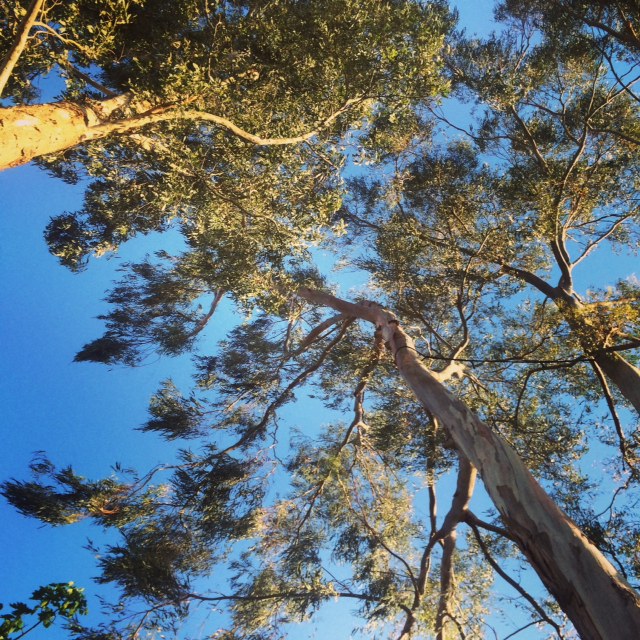 Many international readers of this blog know all too well what it feels like to see your home in a new light and to experience the gift of appreciation that comes when you spend time away from a place so familiar to you it has become somewhat invisible and unnoticed. I left full-time classroom teaching years ago - when I moved into teacher education and then into consulting. I have never stopped thinking of myself as a teacher (it’s what I always write in the section asking for ‘occupation’ on official forms), but I guess I spend more time ‘teaching teachers’ nowadays. Same, same – but different. Working with children – and being in a primary school classroom is my natural habitat but one that I often leave for extended periods. Over the last 12 months, however, I have found myself working more and more alongside teachers and children in their classrooms as part of our own inquiries into what it means to be ‘an inquiry teacher’. I have always with children as part of my PL approach - but the preparedness of teachers to invite me in to their classsrooms and for us to work together has definitely grown over time.
Many international readers of this blog know all too well what it feels like to see your home in a new light and to experience the gift of appreciation that comes when you spend time away from a place so familiar to you it has become somewhat invisible and unnoticed. I left full-time classroom teaching years ago - when I moved into teacher education and then into consulting. I have never stopped thinking of myself as a teacher (it’s what I always write in the section asking for ‘occupation’ on official forms), but I guess I spend more time ‘teaching teachers’ nowadays. Same, same – but different. Working with children – and being in a primary school classroom is my natural habitat but one that I often leave for extended periods. Over the last 12 months, however, I have found myself working more and more alongside teachers and children in their classrooms as part of our own inquiries into what it means to be ‘an inquiry teacher’. I have always with children as part of my PL approach - but the preparedness of teachers to invite me in to their classsrooms and for us to work together has definitely grown over time.
This past week alone, I have participated in a five year old’s elaborate personal inquiry into how to be a ‘café worker’; listened in awe as ten year olds shared their theories of light and shadow with me as we inquired into science; figured out –with the help of some 7 year olds – how life in rural Victoria might be the same and different to life in the city at the same time as investigating the skills of researching through video; inquired into the thinking skills of summarising, comparing and contrasting with 6 year olds; watched as another group of 6 year olds organised questions into google-able and ‘better to ask someone’ questions….I could go on. It’s been a big week of teaching and learning with children and their teachers – I feel deliriously drenched in inquiry!!
So – what’s all of that got to do with the lorikeets in my back yard?
When I am given the great privilege to work with teachers and their children – I get, in part, to return to what I regard as my ‘natural habitat’ – the classroom. And see it anew. I experience the kind of perspective afforded to the traveller returning home. I notice the things that we can all, so easily take for granted. So at the risk of sounding a bit ‘cheesy’, I want to acknowledge what it is I have been noticing and savouring about this privileged, sacred job we do as teachers:
- That, for the most part, children are a joy to be with. When we open OUR hearts to them – they return that connection in spades.
- That participating in the growth of a child’s understanding, seeing an idea take flight, seeing a child ‘get it’ is SUCH a privilege and so exciting. Sometimes I can’t believe I get to witness that!
- Teaching is without doubt one of the most fascinating, intriguing jobs one can have. Sure – you can make it tedious by choosing to do the same thing year in, year out but as an inquiry teacher you never know what the day – even the lesson – will bring. There are not many jobs I can think of that afford you that kind of creative experience.
- That teaching is FUN. Few lessons go by for me where I have not cause to smile or share a genuine laugh with children - the positive energy that a good lesson can bring to your own wellbeing cannot be taken for granted
- That teaching means learning. Lately, I have been asking kids to remember to ask me ‘Kath – what did you learn today?’ at the end of my time with them. They always remember. And I love that moment. I never struggle to think of something I have learned or now understand a little more deeply. What other job allows you to regularly discover and re-discover so much about the way the world works across such a broad pallet of disciplines?
This is merely a small sample of the many gifts that teaching brings. Gifts that can so easily become unseen – inevitably masked by familiarity. Opportunities to see our work anew are vital – for maintaining perspective, positivity and a growth mindset.
It’s not just me that benefits from seeing and feeling my work in a fresh light whenever I return to a classroom. I have lost track of the number of teachers who have said to me things like: “I just loved being able to watch and listen to my kids from a new perspective – I am seeing them differently and noticing things I fail to noticed when I am teaching.” Even teachers who routinely share a classroom space (team teaching/flexible learning spaces) often reflect on the missed opportunities they have to more closely observe their students.
Of course, I am well aware that the work I do sits in a very different context to that of someone in the same environment day in day out – my focus is purely on that moment of teaching and learning for the children and teachers in that space. I am not thinking about the meeting with a difficult parent after school, the reports I have to start writing or the meeting I have to prepare for! I acknowledge the rarefied opportunity I am given – but I think it is one we can seek to replicate more often in our day to day work as classroom teachers. This can happen by teaching eachother’s classes, visiting other schools or spending time in specialist classes to watch our students from a different vantage point or simply by giving ourselves permission to slow down and reflect.
The best inquiry teachers I know are those who have a strong, inquiring disposition themselves. They approach their teaching with curiosity and wonder. They see themselves as learners and assume that the day will bring THEM new discoveries as well as their students. Inquiry is so often about seeing something anew – experiencing fresh thinking, fresh perspectives, evolving skills – a continuous process of ‘becoming.’
When we see something often, the danger is, we see it less. Perhaps we need to be occasional tourists in our own classrooms, or momentary strangers in our own schools – to remind us of what we have.
How do you foster a culture of gratitude and positivity in your staff/team/classroom?
How do you keep your own perspective fresh?
What helps you step back and notice?
Just wondering....


